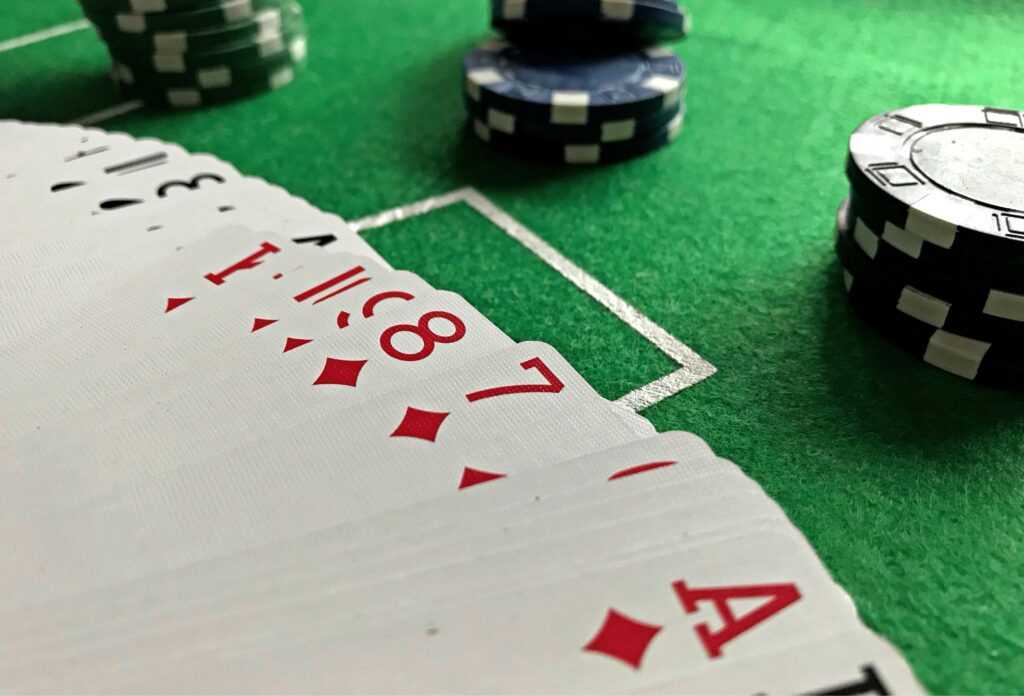What’s Up With 8452859863?
You’ve seen it in your missed calls, maybe even picked up once out of curiosity. The number 8452859863 has been reported frequently for suspicious or unwanted activity. Many users describe calls that start with vague threats or urgent offers—from fake IRS claims to discount offers that sound legit until they demand personal info.
The number itself is from New York’s 845 area code, but the location means little these days. Scammers spoof real numbers to avoid detection or make their lies sound familiar. The variety of scams attached to this one indicates it’s likely part of a rotating scam campaign, not tied to a single prankster.
Common Scam Patterns Linked to This Number
Let’s outline what people report most often:
Robocalls: An ominous prerecorded message claiming you owe money or your Social Security number is compromised. Fake Debt Collectors: Aggressive reps using highpressure tactics, asking you to verify your identity before giving a straight answer. Phishing: Calls pretending to be from banks or government agencies, pushing you to give up sensitive data like your account number or Social Security information.
These tactics aren’t new, but they’re still alarmingly effective. Scammers are betting on urgency and fear to get you talking. Don’t give them the satisfaction.
Why They Keep Getting Away With It
The biggest challenge is volume. Hundreds of these fake calls go out per minute. They’re cheap to make, easy to automate, and often hard to trace. Carriers can block or flag numbers like 8452859863, but scammers adapt fast, rotating numbers or slipping through gaps in call screening tools.
Laws like the TRACED Act and tools like STIR/SHAKEN are helping crack down, but enforcement remains uneven. This gives scammers a wide runway to keep trying.
What To Do If You Get a Call From 8452859863
No need to panic, but don’t engage either. Here’s your game plan:
- Don’t answer unknown numbers if you don’t recognize them—especially ones like 8452859863 that have scam reports.
- If you pick up and feel off about it, hang up immediately. Don’t press numbers or speak.
- Report the number to the FCC or FTC. It might feel small, but reports help telephone carriers and government bodies flag hot numbers faster.
- Block the number on your device. It won’t stop all calls, but it keeps this specific one from ringing again.
- Use a call screening app. Apps like Hiya, RoboKiller, and Truecaller can help flag scam calls in real time.
Not All Numbers Are Scams—but Stay Skeptical
A little paranoia is healthy when it comes to phone calls. Scam calls now mimic legitimate ones so well that it’s tough to tell the difference. Even if a call looks clean, tread carefully. Don’t confirm your name or anything else unless you initiated the call.
If in doubt, hang up. Then search the number for public reports—crowdsourced sites can clue you in fast when a number like 8452859863 is making rounds.
Final Word: Control the Call, Don’t Let It Control You
Your phone is a great tool. Don’t let it become a vulnerability. With scammers getting smarter and tools still catching up, personal awareness is the best defense. Watch out for patterns, report them when you see them, and keep conversations on your terms.
Number spoofing isn’t going anywhere soon, but neither is your power to shut it down—starting with 8452859863.




